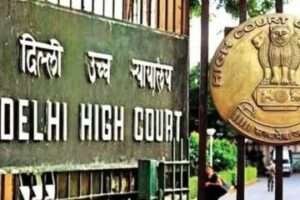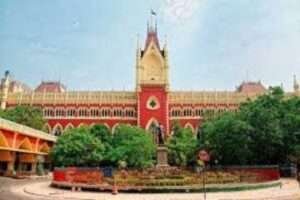Rules Made To Exercise Powers And Privileges Of State Legislature Constitute Law Within The Meaning Of Article 13
Case: Ashish Shelar vs Maharashtra Legislative Assembly
Coram: Justices AM Khanwilkar, Dinesh Maheshwari and CT Ravikumar
Case No.: WPC 797 OF 2021
Court Observation: “The Rules framed by the Legislative Assembly under Article 208 of the Constitution is the procedure established by law for the purpose of Article 21 of the Constitution.”
“It is settled law that even rules made to exercise the powers and privileges of State Legislature constitute law within the meaning of Article 13. This is exposited in Special Reference No.1 of 1964 . It is held that when the State Legislatures purport to exercise this power, they will undoubtedly be acting under Article 246 read with Entry 39 of List II. The enactment of such a law will, therefore, have to be treated as a law within the meaning of Article 13. In the backdrop of these observations, the plea taken by the State that the rules are neither statutory rules nor binding on the House will be of no avail.”
“At the same time, proceedings inside the Legislature cannot be called into question on the ground that the same have not been carried on in accordance with the rules of business as restated in Kihota Hollohon . It is, however, enough for the present to observe that the rules framed under Article 208 acquire the status of procedure established by law for the purpose of Article 21 of the Constitution as noticed in M.S.M. Sharma. This observation has been quoted with approval by another Constitution Bench again in Raja Ram Pal”
Previous Posts
State Cannot Dictate What Decisions Can Or Cannot Be Taken By A Public Trust: Supreme Court
Trial Judges Work Amidst Appalling Conditions; Colonial Mindset Towards District Judiciary Must Change: Supreme Court Download Judgement




